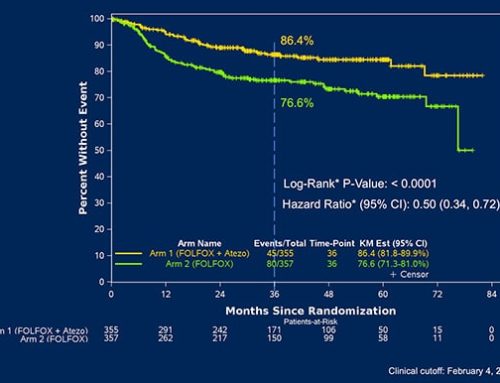
Microplastics in the Gut Linked to Colorectal Cancer-Like Patterns
November 2025
New research from the microONE project (CBmed GmbH, Austria) suggests that microplastics may impact gut health by altering the microbiome. Using human stool samples to create controlled gut cultures, researchers exposed the samples to five common microplastics – polystyrene, polypropylene, low-density polyethylene, poly(methyl methacrylate), and polyethylene terephthalate – at levels reflecting typical human exposure.
Key findings:
· Microplastic exposure lowered the pH of cultures, indicating increased acidity and altered microbial metabolism.
· Certain bacterial populations, particularly in the Bacillota phylum, increased or decreased depending on microplastic type.
· Shifts in substances like valeric acid and lactic acid were observed, suggesting impacts on microbial metabolic activity.
· The microbial patterns seen resemble those associated with colorectal cancer and depression, though they differed from patterns linked to other conditions like IBS or Parkinson’s.
Limitations of the study:
· Small sample size (stool from five individuals)
· Short-term exposure only
· Controlled lab conditions may not reflect real-world influences like diet
Experts note the findings raise concerns about the effects of microplastics on gut microbiota and highlight the need for long-term, human-based research to understand potential health impacts. The study has not yet been peer-reviewed or published.




